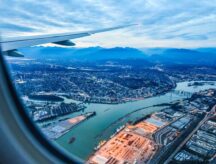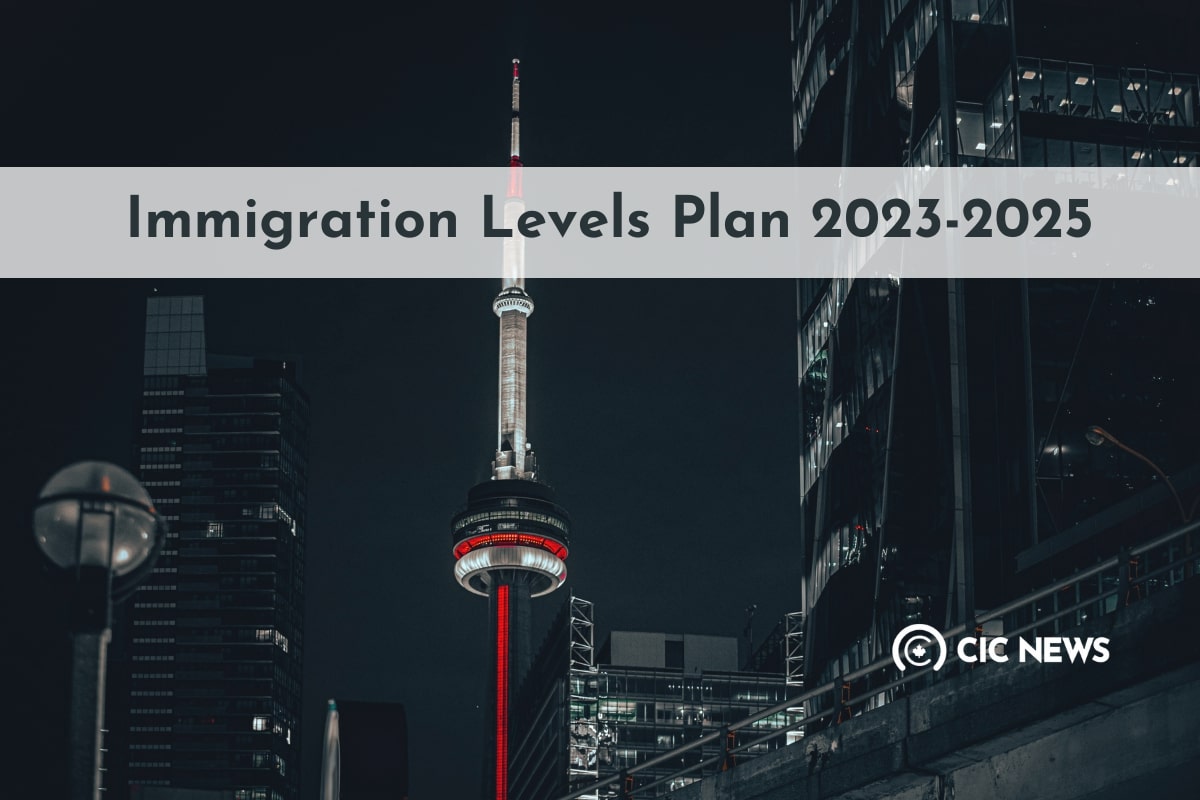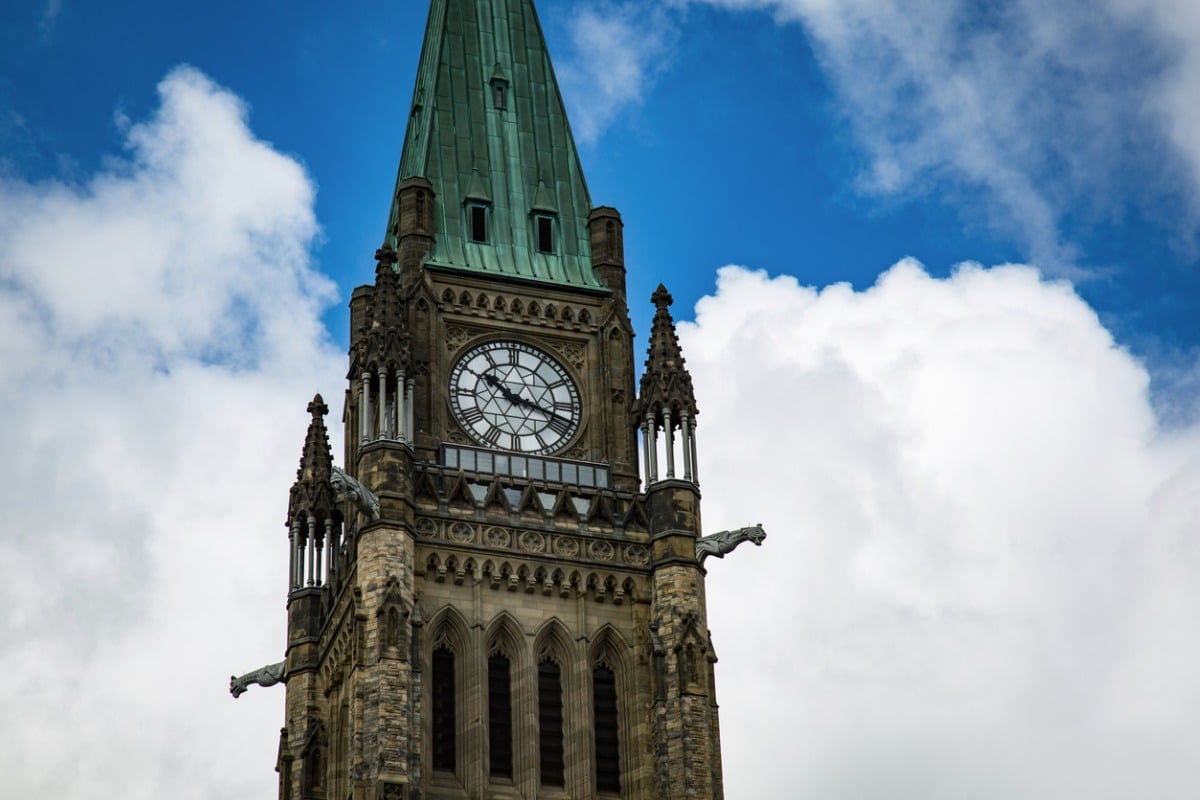Coronavirus and Canada immigration 2020: What you need to know
Canada’s immigration policies and procedures have undergone daily changes over the past week as Canada seeks to contain the spread of the coronavirus (COVID-19).
One of Canada’s major measures has been to implement travel restrictions between March 18 and June 30, however Canada is still exempting certain permanent and temporary residents from the restrictions so that they can enter the country.
CIC News has compiled the following frequently asked questions (FAQs) and answers to help you understand the changes:
Can I still submit an Express Entry profile and my permanent residence application?
Yes, to both questions.
Immigration, Refugees and Citizenship Canada (IRCC) continues to hold Express Entry draws.
In addition, provinces continue to hold draws as well through the Provincial Nominee Program.
IRCC is still processing permanent residence applications. It is processing completed applications as per its normal procedures and providing individuals who are unable to submit completed applications with an additional 90 days if such individuals have experienced delays obtaining documents due to coronavirus-related disruptions.
Find out if you are eligible for any Canadian immigration programs
Who can come to Canada?
IRCC has confirmed that the following individuals are among those who can still come to Canada between now and June 30. IRCC has asked that exempted individuals continue to monitor the federal government’s website before they book their return travel to Canada:
- Canadian citizens
- Permanent residents
- Immediate family of Canadian citizens and permanent residents
- Permanent resident applicants who had been approved for permanent residence prior to March 16 and who had not yet travelled to Canada
- Temporary foreign workers
- International students who held a valid study permit or had been approved for one as of March 18
- Transiting passengers
What is the definition of immediate family?
According to IRCC, immediate family means:
- Spouse or common-law partner
- Dependent child
- Grandchild
- Parent or step-parent
- Guardian or tutor
What are Canada’s land travel restrictions?
Canada and the U.S. have mutually agreed to stop non-essential traffic between the two countries. Canadians visiting the U.S. would still be allowed to return home.
Can I flagpole?
Do not travel to the Canada-U.S. border to update your immigration status until further notice has been provided by the federal government. The federal government has stated that travelling to the border for immigration purposes to update permanent residence, temporary residence, or visitor status (also known as “flagpoling”), is deemed non-essential travel. Those in Canada on a temporary basis can apply online on IRCC’s website to update their status.
What are Canada’s land travel exemptions?
All essential travel between Canada and the U.S. will continue, ensuring supply chains of food and life-saving medicines resume.
Can I still apply for temporary residence?
Yes. IRCC will continue to accept and process new applications for temporary residence. However, you will not be able to travel to Canada until the travel restrictions have been lifted.
Does the coronavirus pandemic impact IRCC’s processing times?
There may be delays in processing times due to service disruptions and restrictions.
What do I do if my temporary status as a visitor, worker or student is about to expire?
If you are currently in Canada, you are able to apply to extend your status online. You will be allowed to remain in Canada until a decision is made on your new application. You should not travel to a port of entry to apply.
Will I still be able to apply for a Post-Graduation Work Permit (PGWP) if my course of study is being delivered online?
If your course is being delivered online due to the coronavirus pandemic, this will not affect your eligibility to the PGWP Program, and you may still apply.
What is the impact on refugees and asylum seekers?
Canada relies on the UN Refugee Agency (UNHCR) and other organizations to identify refugees that need to be resettled. Last week, the UNHCR and International Organization for Migration (IOM) announced the temporary suspension of resettlement travel for refugees. These organizations may make alternative arrangements for refugees in transit.
Canada continues to accept asylum claimants in Canada, except those who wish to make an asylum claim at the US-Canada border. The two countries announced that irregular migrants attempting to cross the border will also be returned.
Do you have more questions on coronavirus and Canada immigration?
- Do you need Canadian immigration assistance? Contact the Contact Cohen Immigration Law firm by completing our form
- Send us your feedback or your non-legal assistance questions by emailing us at media@canadavisa.com







